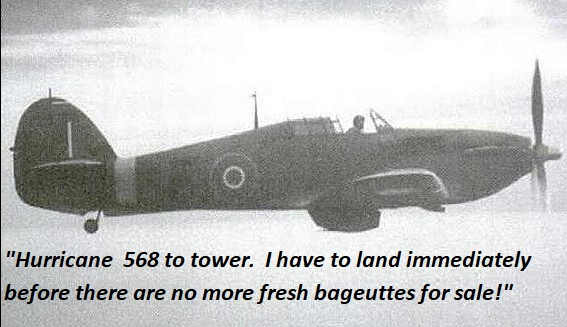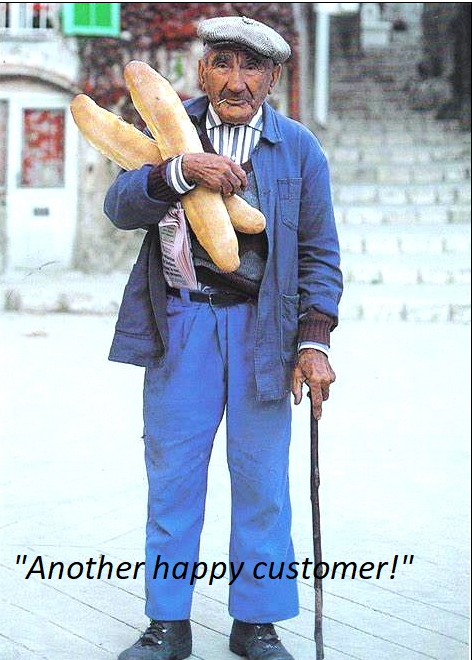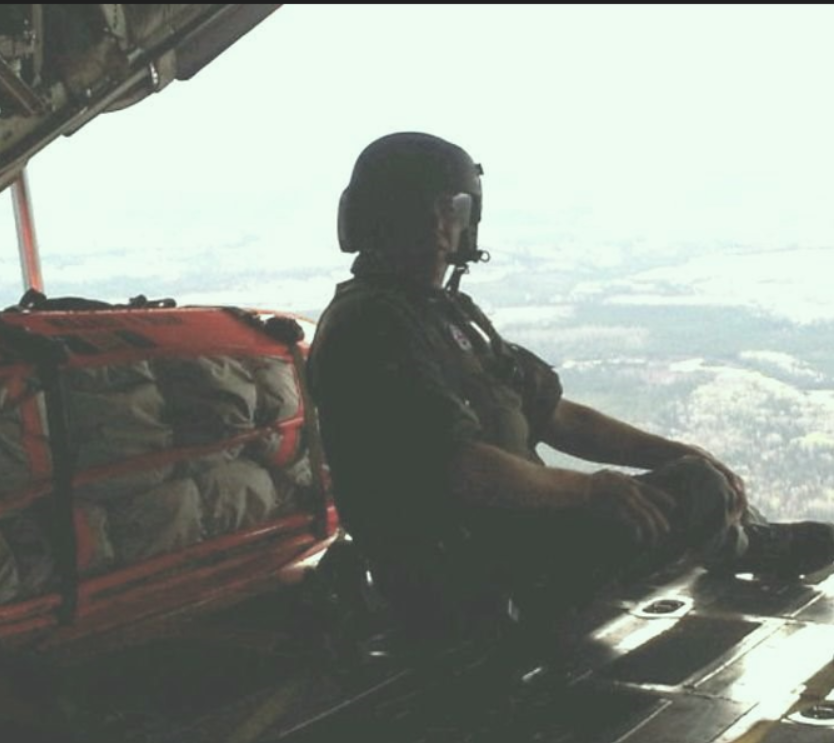How Bagotville Got Its Name

Weekly Column by Chris Charland
In 1730, my great ancestor Jean-Pierre Claude Charland, a baker by trade, immigrated from Château-Rouge, France and settled on the north shore of L'Île-d'Orléans, Quebec. It was not long before he had set up his own boulangerie (bakery). J.P. was a astute business man and soon realized there was a ready market for his fine products. He managed to negotiate a contract with the French army garrisoned at la Citadelle de Québec to supply them with bread and other delectable pastries. J.P.'s specialty was baking two-foot-long baguettes. No one in New France could match his baking skills. As time went on, J. P. got married and raised a family. All ten of his sons became bakers. After mastering their craft, they started to move away one by one until it was just J.P. and his wife Antoinette Marie.

A Town Is Born
One of his sons, Jean-Luc settled in the Saguenay area about 120 mile north of Quebec City. He built a house and then set up a bakery kiln. The supplies he needed had to be shipped by ox cart taking two weeks to reach him. Before long he was baking wonderful bread and sweet deserts for the people in the region. Just like his father, he had mastered the art of baking baguettes. As time went on, the population of the area swelled and eventually it was decided they would incorporate into a town. On a cold miserable rainy autumn evening at pub named Chez Pierre's, the locals discussed what they might like to name their fledgling community. Someone jokingly came up with the idea to name it Baguetteville in honour of Jean-Luc's fine baking. Well would do you know, it was almost unanimous and the name was adopted followed by the consumption of massive quantities of beer in celebration.
Fast Forward
Future generations of Charlands would carry on providing the people of the Saguenay with their incredible baked products. The legacy of Jean-Pierre Claude Charland was kept alive. Fast forward to 1940. Yves 'le Saint' Laurent Charland was doing booming business. The war so far had not had any effect on getting the flour and other baking supplies needed to satisfy the rabid needs of his customers. It was amazing what he could do with baguettes. By far they were the most popular thing he and his family baked. Yves was a bit of a lead foot when it came to driving. He always was in a hurry and thus drove well past the speed limit. Fear not. Any time he was caught, he would whip out a baguette from a bag and wave it in front of the police officer making sure he smelled it. Yves never did get one ticket as long he drove.
In 1942, the war came to Baguetteville's doorsteps. The R.C.A.F. had an airfield built in the area which would become the home to No. 1 Operational Flying Unit equipped with Canadian-built Hawker Hurricanes. R.C.A.F. Station Baguetteville was also used by fighters for the aerial protection of the vital Alcan (Alcan Aluminum) and hydro-electric facilities in the area. Not only could Yves smell the aviation gas but also money. Like his great grandfather Jean-Pierre Claude, he too went to the military and was awarded a contract to supply the station with all of its bread and related products.
It was a busy time at R.C.A.F. Station Baguetteville. The townsfolk were adapting with the large numbers of airmen who now lived amongst them. There were tensions amongst many of the young men from town who resented the airmen who filled their pubs. The Air Force Police and town police were kept busy almost every night.
At the Station Headquarters, a bit of an administrative issue was arising. Daily reports were written and forwarded to R.C.A.F. Headquarters in Ottawa. The standard forms they used included a spot to name the reporting station. The problem was that is was small and the clerk could not type the entire name of the station in. There was only room for 10 letters. Getting extremely frustrated, clerks began to hand write the name instead. They squeezed all 13 letters in the box. Queries started to come back from Ottawa asking what station they were sending the reports from as they could not decipher the writing. The back and forth went on for several weeks until some bright light in Ottawa came up with the solution that was immediately approved by R.C.A.F. Headquarters. An AFRO (Air Force Routine Order) was telexed to Baguetteville. "From here on R.C.A.F. Station Baguetteville will be henceforth known as R.C.A.F. Station Bagotville." END MESSAGE
3 Wing, CFB Bagotville has kept the original motto: "Vive le Baguette et Défendez le Saguenay"

BIO
Chris Charland is a former member of the Canadian military. On June of 1991, he began writing as a military affairs journalist with CFB North Bay's newspaper "The Shield". Since then, Chris has done a wide variety of writing and became a published author in 1997. He has written and contributed to over 20 books related to air force history and civilian aviation. Chris is an Associate RCAF Historian. He is also a licensed pilot and amateur radio operator. Some of his time is also taken up with North Bay Air Search and Rescue.



